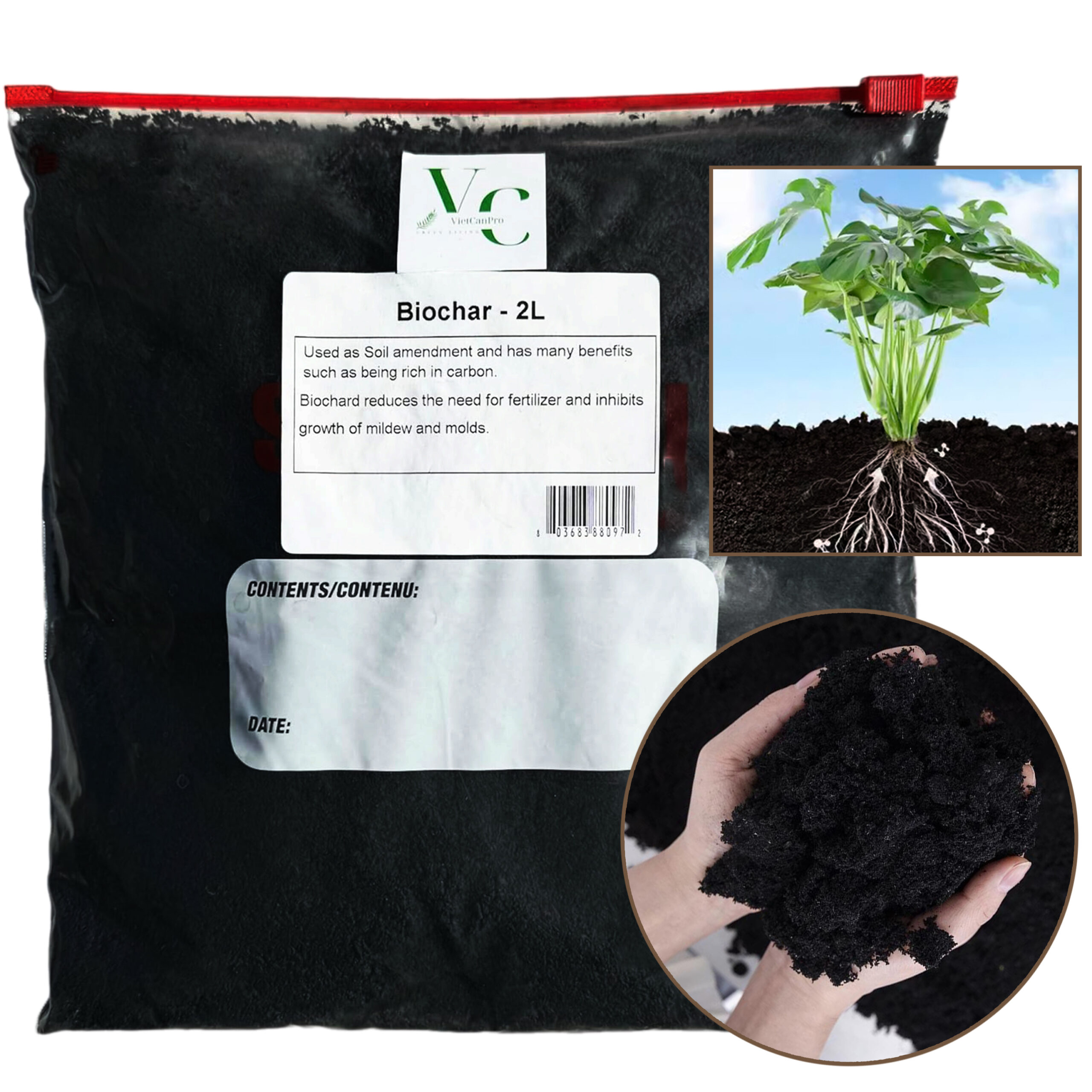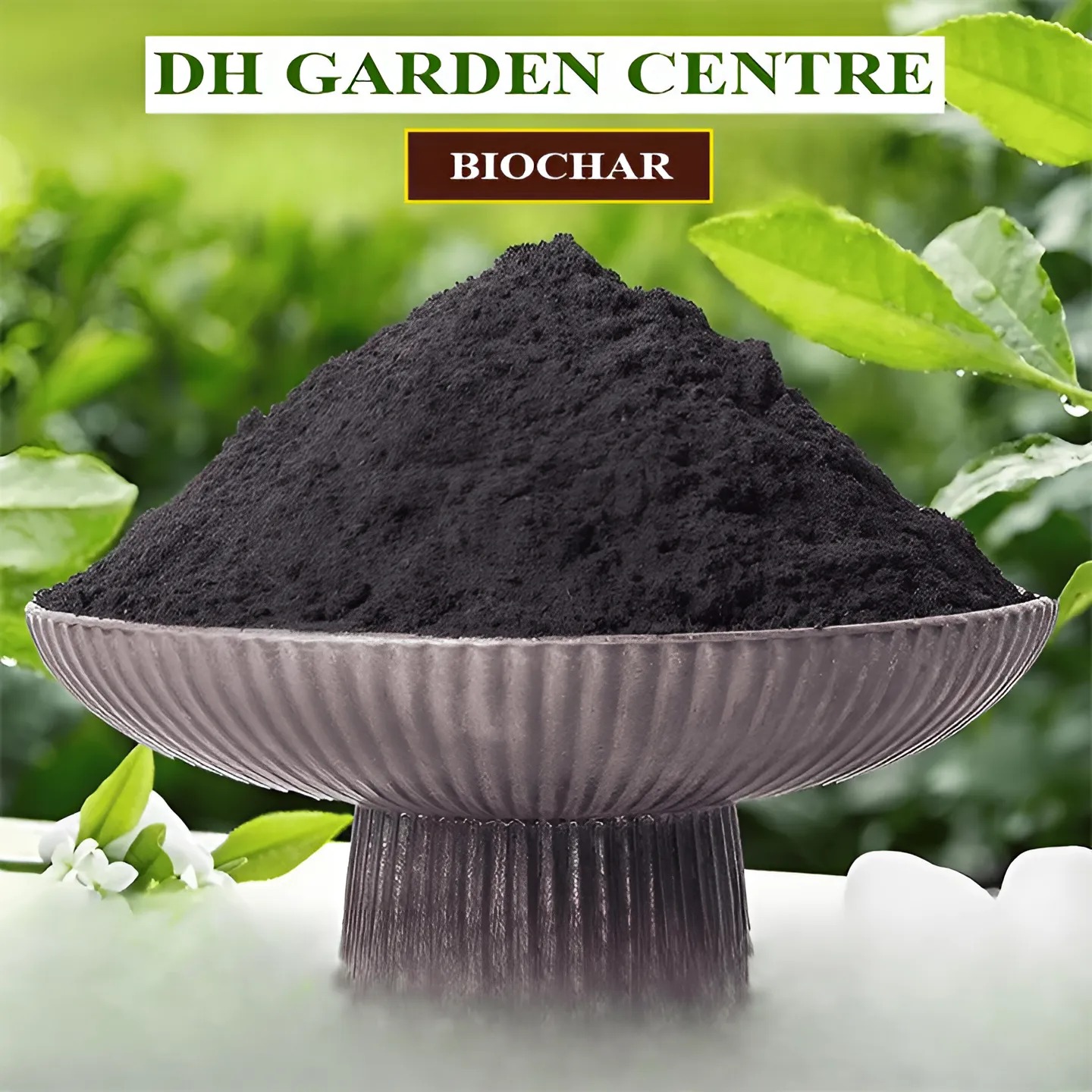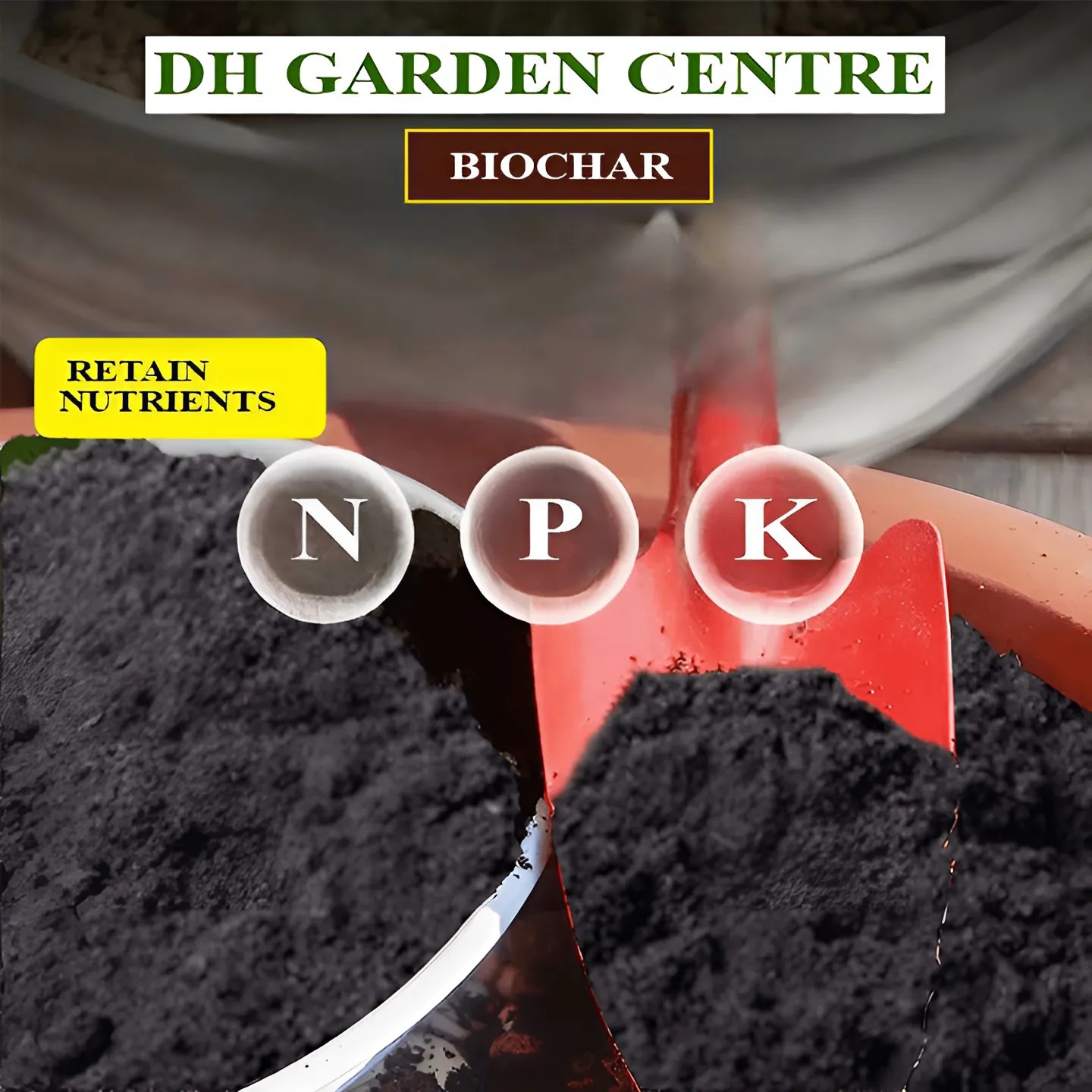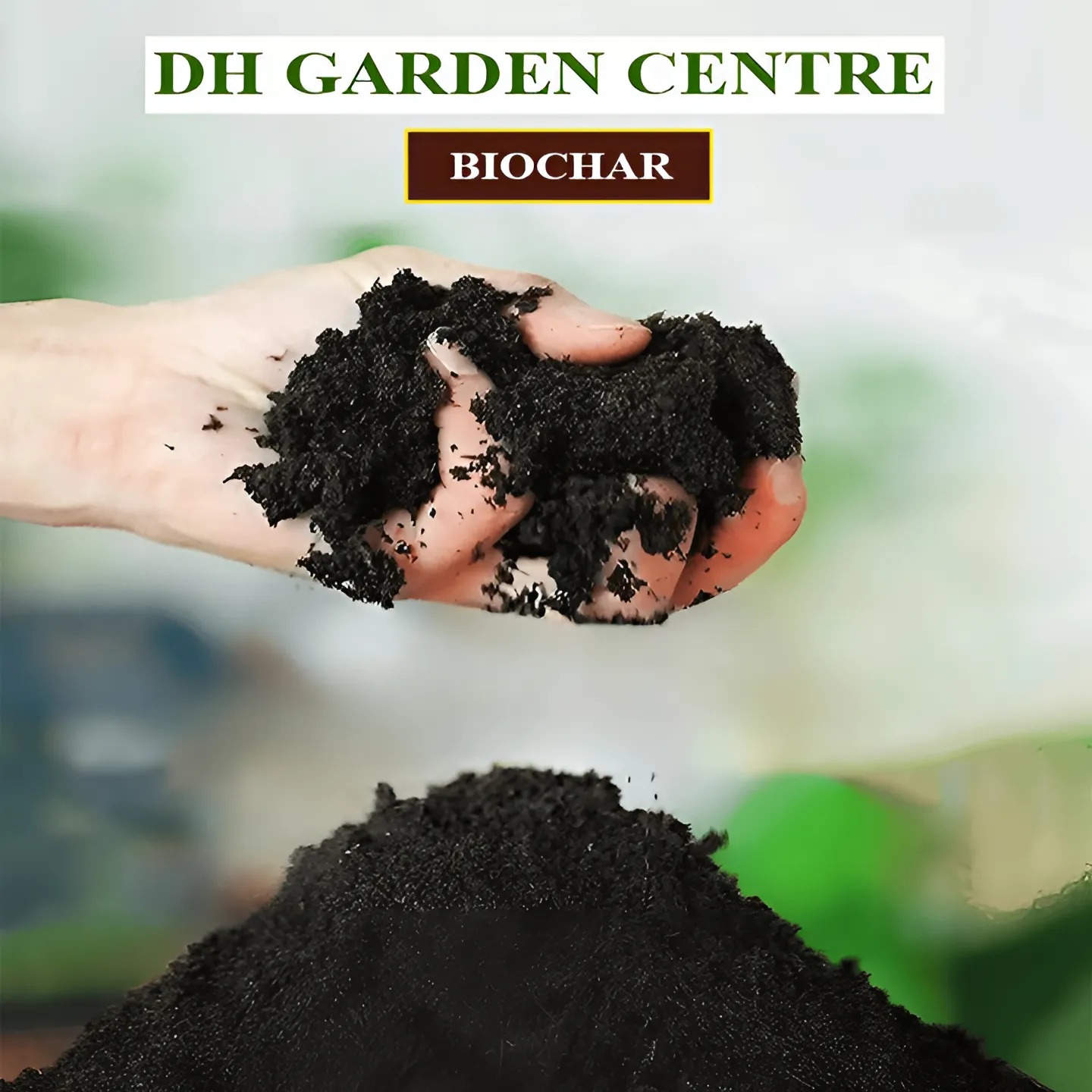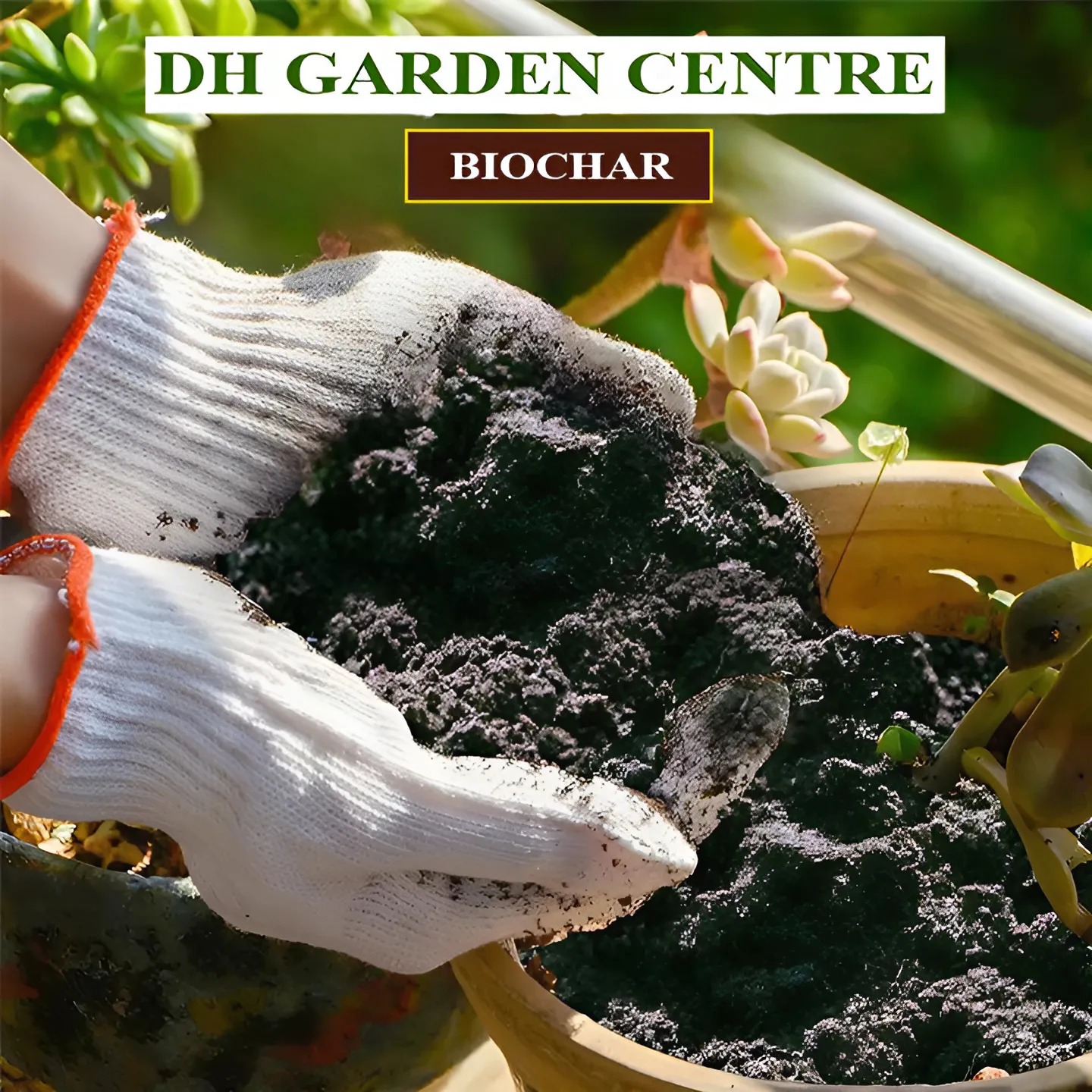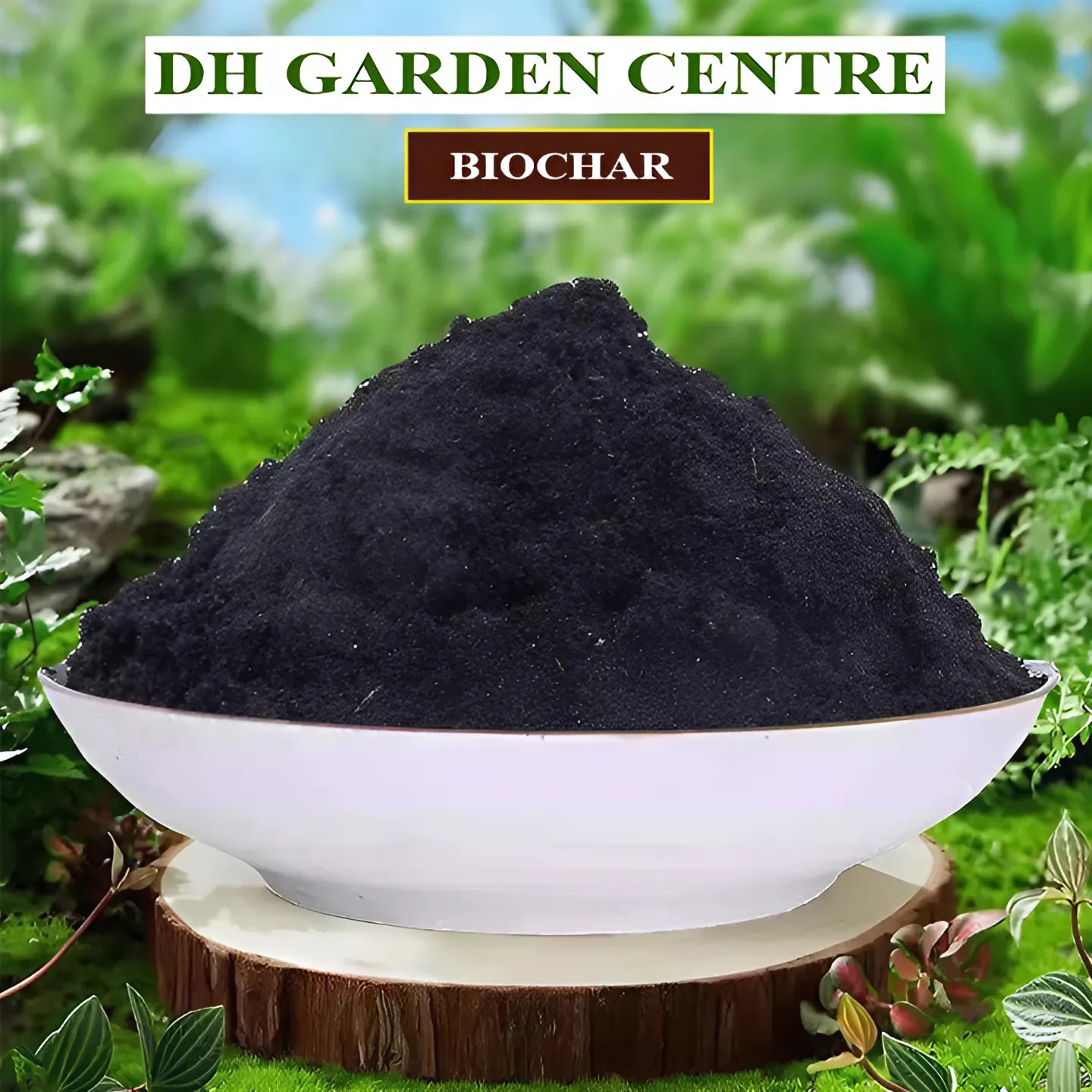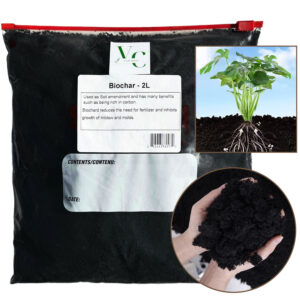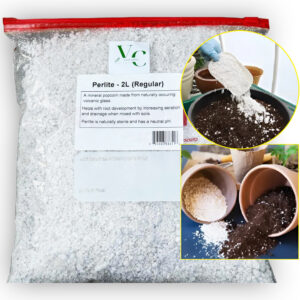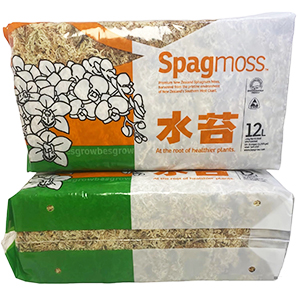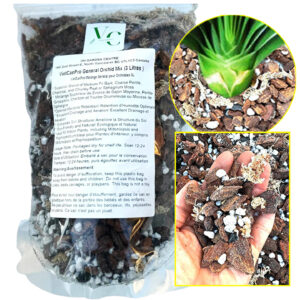Subtotal: $30.86
Details
Biochar 2L is a highly effective, sustainable soil amendment that offers numerous benefits for gardeners and farmers alike. It improves soil structure, water retention, and nutrient availability, while also promoting microbial health and sequestering carbon for environmental benefits. Whether you are growing vegetables, flowers, or trees, incorporating biochar into your soil can lead to healthier, more resilient plants and contribute to a more sustainable gardening or farming practice.
Key Features of Biochar
| Soil Improvement | Biochar enhances the soil’s physical, chemical, and biological properties. It improves soil structure, helping to increase water retention, reduce soil compaction, and improve aeration. |
| Water Retention | Biochar has a highly porous structure that allows it to retain water, making it beneficial for drought-prone areas or for plants that require consistent moisture. |
| Nutrient Retention | Biochar has a high cation exchange capacity (CEC), which means it can hold onto essential nutrients and release them slowly to plants. This reduces nutrient leaching and enhances plant growth. |
| Carbon Sequestration | One of the major environmental benefits of biochar is its ability to sequester carbon. By trapping carbon in its structure for hundreds to thousands of years, it helps reduce atmospheric carbon dioxide, contributing to climate change mitigation. |
| Microbial Habitat | The porous structure of biochar creates an ideal environment for beneficial soil microbes, which play a key role in nutrient cycling, organic matter decomposition, and overall soil health. |
| PH Balancing | Biochar can help buffer soil pH, making acidic soils more neutral. This helps create a better growing environment for many plants that prefer neutral pH levels. |
Uses of Biochar 2L
| Soil Amendment | Biochar is commonly mixed into garden beds, raised beds, or potting soil to improve soil fertility, water retention, and structure. It is suitable for both indoor and outdoor plants. |
| Composting | Adding biochar to compost piles can accelerate decomposition, reduce odors, and retain more nutrients, which results in richer, more nutrient-dense compost. |
| Container Gardening | In potted plants, biochar can help improve aeration and prevent water from becoming stagnant in the bottom of the pot. It is especially useful for plants that prefer well-draining soil. |
| Agricultural Use | Farmers often use biochar to improve crop yield and reduce fertilizer use by enhancing the soil’s nutrient-holding capacity. |
| Environmental Applications | Biochar is also used in environmental remediation to filter pollutants from soils and water, and to reduce methane and nitrous oxide emissions from soils. |
Benefits of Biochar
| Increased Fertility | By improving nutrient retention and providing a habitat for beneficial microbes, biochar increases soil fertility over time, reducing the need for chemical fertilizers. |
| Better Water Management | Biochar’s water-retention properties are particularly useful in dry climates or for plants that need a consistent water supply.
It reduces the frequency of watering by storing moisture and releasing it slowly to the plant roots. |
| Long-Term Soil Health | Unlike other organic amendments that decompose over time, biochar remains stable in the soil for decades to centuries, continuously providing its benefits without needing to be reapplied. |
| Reduction in Greenhouse Gases | Biochar helps mitigate climate change by sequestering carbon and reducing emissions of greenhouse gases such as methane and nitrous oxide from soils. |
Related products
$21.75
This product has multiple variants. The options may be chosen on the product page
-5%
-5%
-5%
$33.99
This product has multiple variants. The options may be chosen on the product page
-5%
-5%

 Gaia Green Worm Casting (2 litres)
Gaia Green Worm Casting (2 litres) 